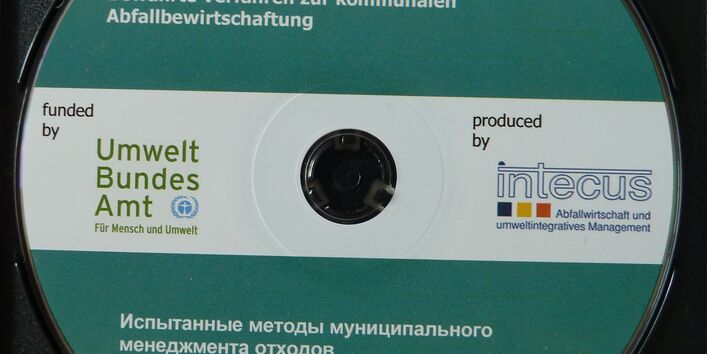Goals and instruments of environmental-technology transfer
Both Agenda 21 and the Kyoto Protocol ascribe a key role to environmental technology transfer when it comes to tackling global environmental problems. Technology transfer, which occurs both in Germany and abroad, involves not only the transfer of technical processes, products and services, but also the transfer of knowledge concerning technical and organizational solutions in the field of environmental protection.
Many different environmental policy measures have already been established that promote capacity building, in the broadest sense of the term. Such measures include, in Germany, the Federal Environment Ministry's Advisory Assistance Programme, and in the EU so called administrative partnerships: twinning, the TAIEX study abroad program, and the INTERREG program. All such measures seek to enable their foreign project partners to face up to the challenges of environmental protection. Further information on UBA sponsored projects of this nature is available from the project data database of the Advisory Assistance Programme.
The UBA – a valuable source of information on environmental technology transfer
In the field of waste-technology transfer, a CD-ROM titled Best Practice Municipal Waste Management/Bewährte Verfahren zur kommunalen Abfallbewirtschaftung (in German, English, Russian and French) describes proven municipal waste management methods and contains structured technical-data sheets with information about EU laws, waste management principles and practices. Of particular value to non-Germans are the links on the CD to German technology companies. To download specific technical-data sheets or order the entire CD-ROM, contact Felix Römer (see contact information box; only one CD-ROM per user, as supplies are limited).
For Polish users, this information has now been updated and optimized via a Polish translation, which enables Polish municipal officials to obtain information concerning German best practices in the field of waste management. An eBook version of this resource can also be downloaded from the Advisory Assistance Programme database.
